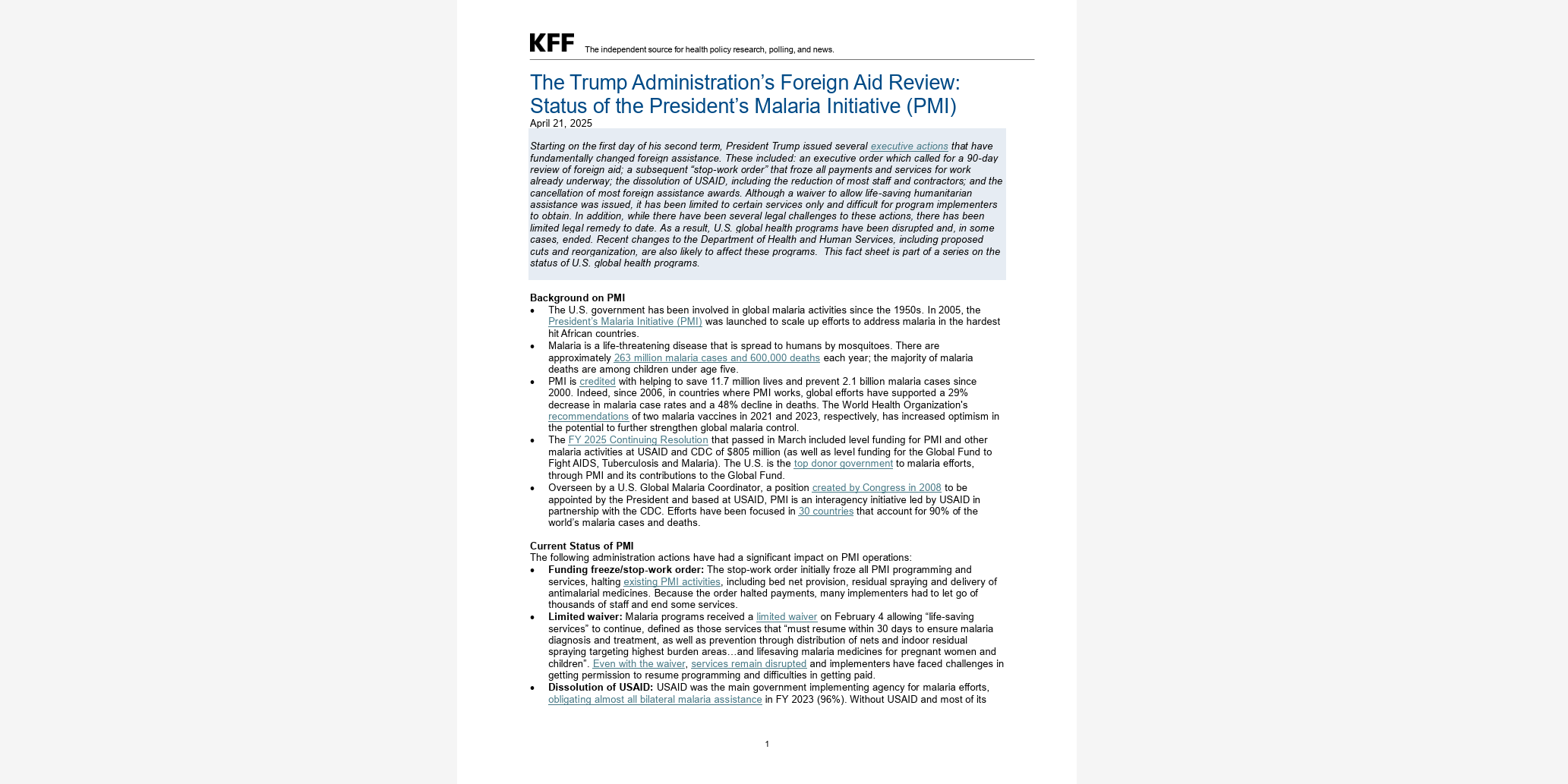Marco Rubio Announces USAID Closure Amid Potential Crisis
Marco Rubio, the U.S. Secretary of State, celebrated the termination of the United States Agency for International Development (USAID) this past Tuesday. An accompanying report indicates that this cessation could lead to roughly 14 million fatalities within the upcoming five years. “The phase of government-endorsed inefficiency is definitively over. The Trump Administration will ensure a foreign funding agenda in the United States that puts our country’s interests first,” stated Rubio.
Effective July 1st, USAID will stop administering foreign aid. The programs that comply with the administration’s policies and further American interests will now be managed by the State Department. As per Rubio’s statements, the State Department is expected to lend greater accountability, strategic thinking, and performance efficacy to these ventures.
The swift dismantling of USAID, overseen by the Government Efficiency Department, has led to cutbacks in numerous foreign aid programs. Many of these targeted initiatives carried out critical, life-preserving work. According to a study unveiled on Monday, these funding reductions could potentially incite over 14 million additional deaths by 2030.
The research implies that the termination could have repercussions similar to those of a massive global pandemic or extensive armed conflict. Nearly one-third of these casualties, amounting to over 4.5 million, are predicted to be children under the age of five. The study asserts that unlike pandemics or wars, this situation could instigate a crisis resulting from a conscious and avoidable policy decision.
It further underscored the disproportionate impacts of such a choice on young populations and children, set to echo for generations. The budget previously allocated by USAID mostly catered towards mitigating fatalities related to HIV/AIDS, followed by malaria, according to the findings of the study.
There was also evidence of strong correlations between the disbursed funds and reduced incidences of numerous tropical ailments, diarrhoeal disease, nutritional deficiencies, lower respiratory infections, maternal mortality, and tuberculosis. However, a high-ranking State Department official dismissed the conclusions drawn by the study. They claimed that these types of reports often rely on inaccurate assumptions about Rubio’s intentions and past actions.
According to the official, the Secretary has been explicit that much of the life-preserving work will continue and be made more efficient in this new structure. Despite this assurance, aid groups argue that the rapid dismantling of USAID along with an abrupt, comprehensive halt in foreign aid has already had destructive implications.
The government official was largely unresponsive to criticism targeted at the administration’s moves. They expressed excitement about the impact of the ‘America first’ foreign aid policy. “We look forward to the potential transformative impacts of this new approach to foreign aid,” they expressed.
Rubio termed the new strategy as ‘prioritizing trade over aid, opportunity over dependency, and investment over assistance.” He suggested, “Moving forward, our assistance will be targeted and time-limited. We will favor those nations demonstrating both the ability and willingness to help themselves. Our sources will target areas where they can stimulate and encourage enduring private sector and global investment, including from American companies.”
The overhaul of USAID has resulted in job losses for thousands of people, creating waves in the larger humanitarian aid sphere. The official further mentioned that the administration is exploring new measures to assess the success of U.S. aid work. A senior official from the State Department in response said they do not anticipate an operational vacuum following the closure of USAID.
Sources criticized the recruitment process as non-transparent and not based on meritocracy, but the official seemed to dismiss such concerns. Rubio emphasized a new focus of American foreign aid, with a bespoke and temporary aid approach that will favor nations demonstrating their capabilities and readiness to support themselves.
As we move forward, Rubio emphasized, our aid will seek areas where we can have maximum impact and stimulate lasting investments in the private sector, including American and global investment. The termination of USAID, while boosting thousands of job losses, has sent ripples throughout the larger humanitarian aid world.
In response to concerns about potential disruptions following the closure of USAID, the senior official at the State Department made clear the anticipation of no operational gaps. Sources, however, criticized the introduction of a recruitment system considered to be neither transparent nor based on merit.
On maintaining the life-saving work that they have been involved in, the official responded, it will continue and become more efficient under the new administration. Critics, however, argued that the abrupt and severe freeze in foreign aid coupled with the rapid disintegration of USAID had instant and heartbreaking consequences.
The high-ranking official showed little consideration for the criticism and opposition aimed towards the administration’s initiatives. The official expressed excitement about the future, especially about how the ‘America first’ foreign aid policy will shape up, asserting confidence in its potential for transformative impacts in the future.



